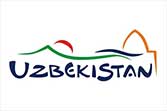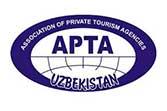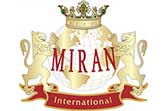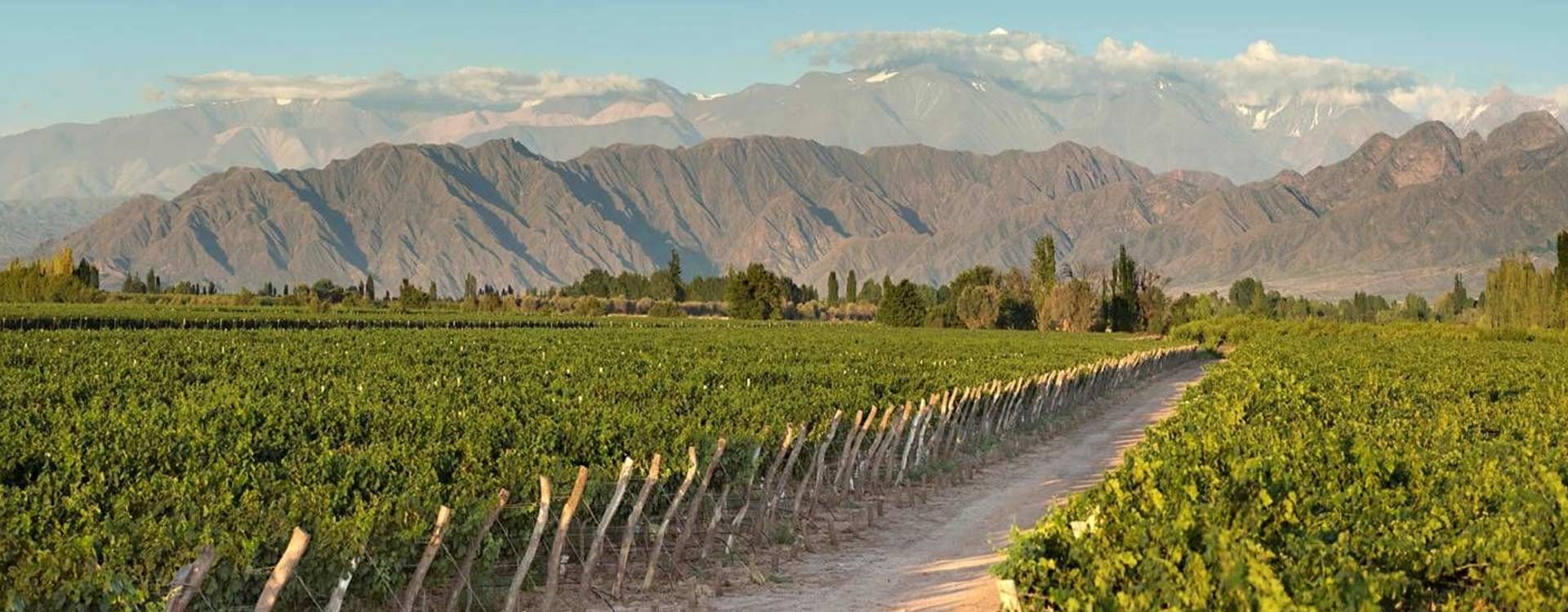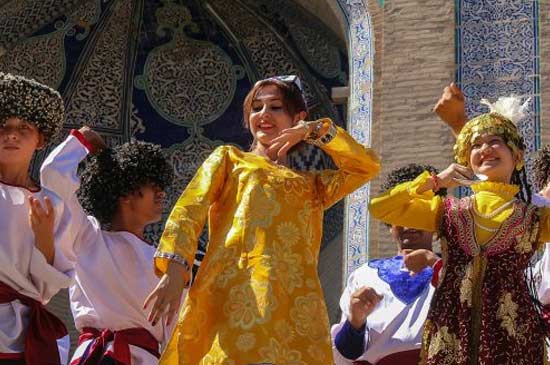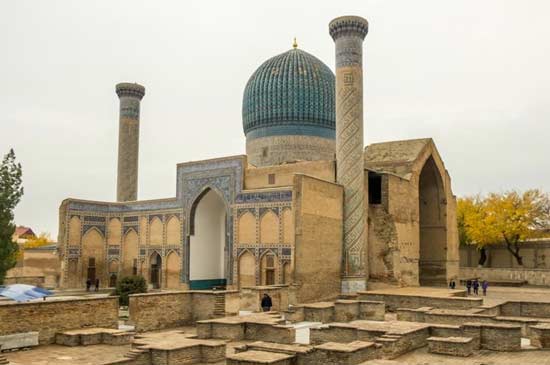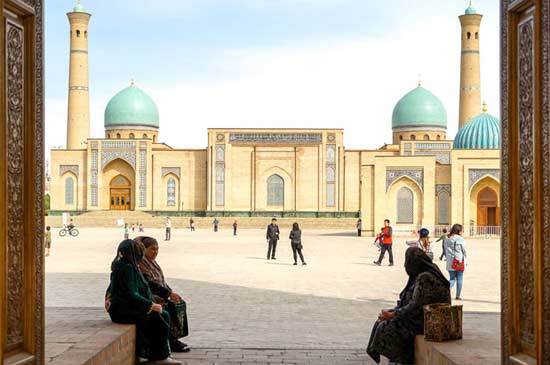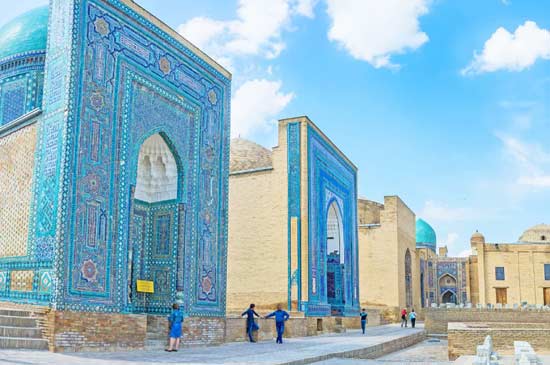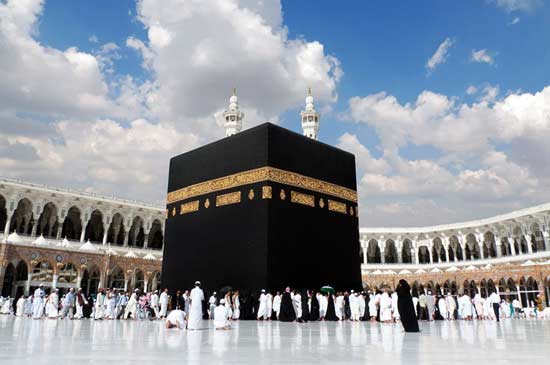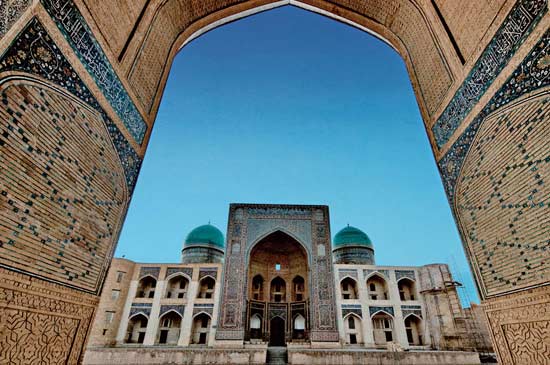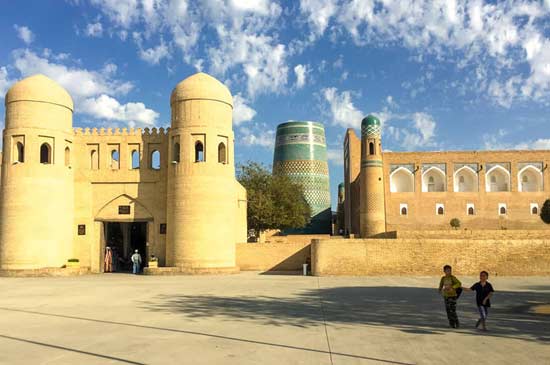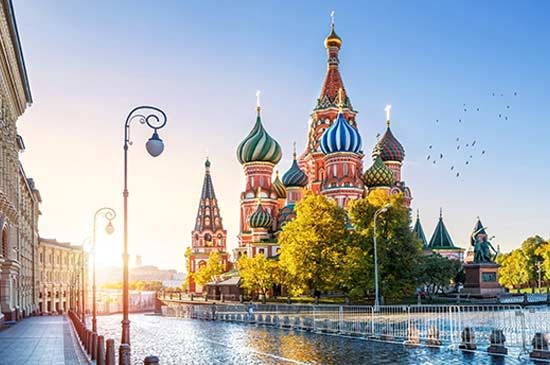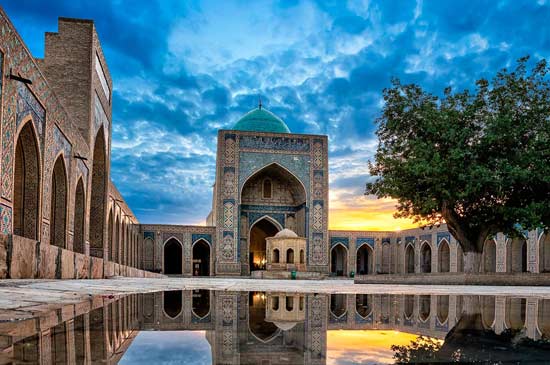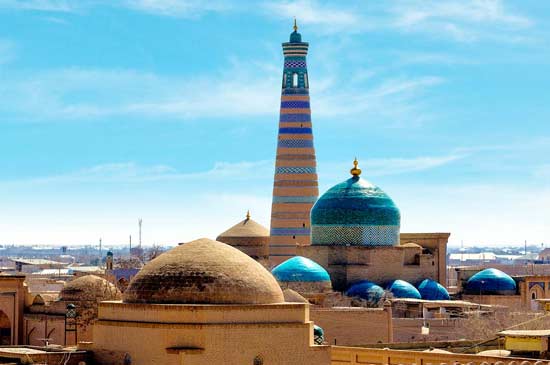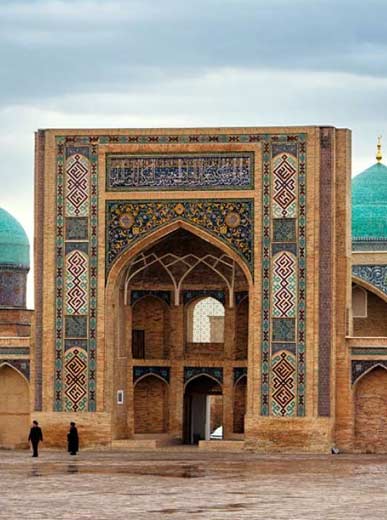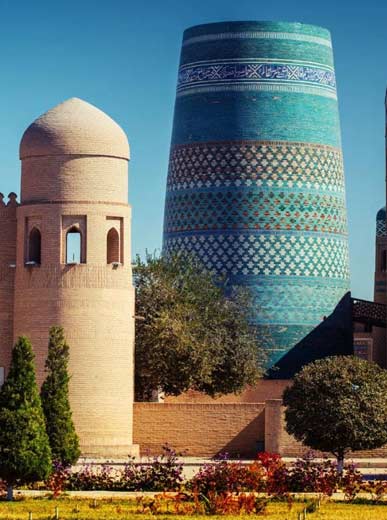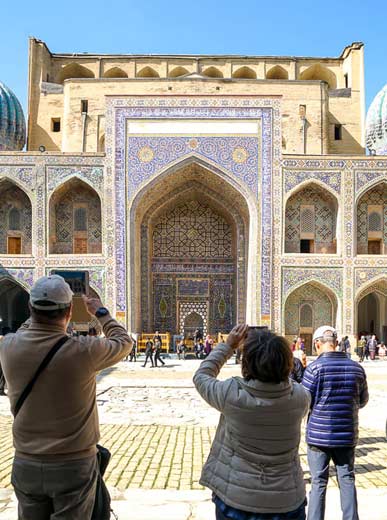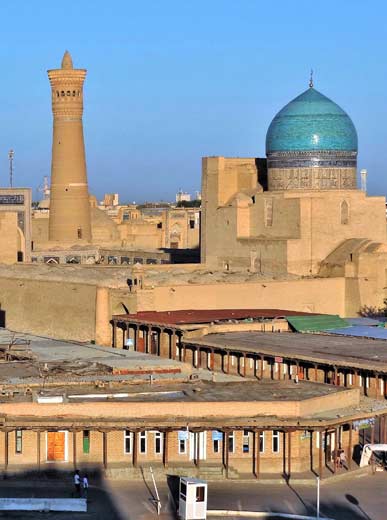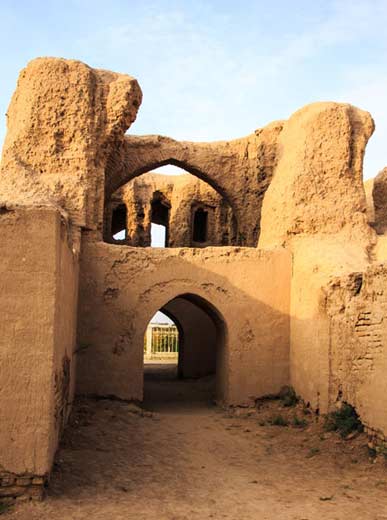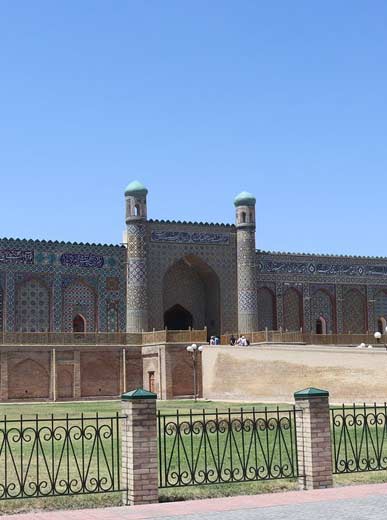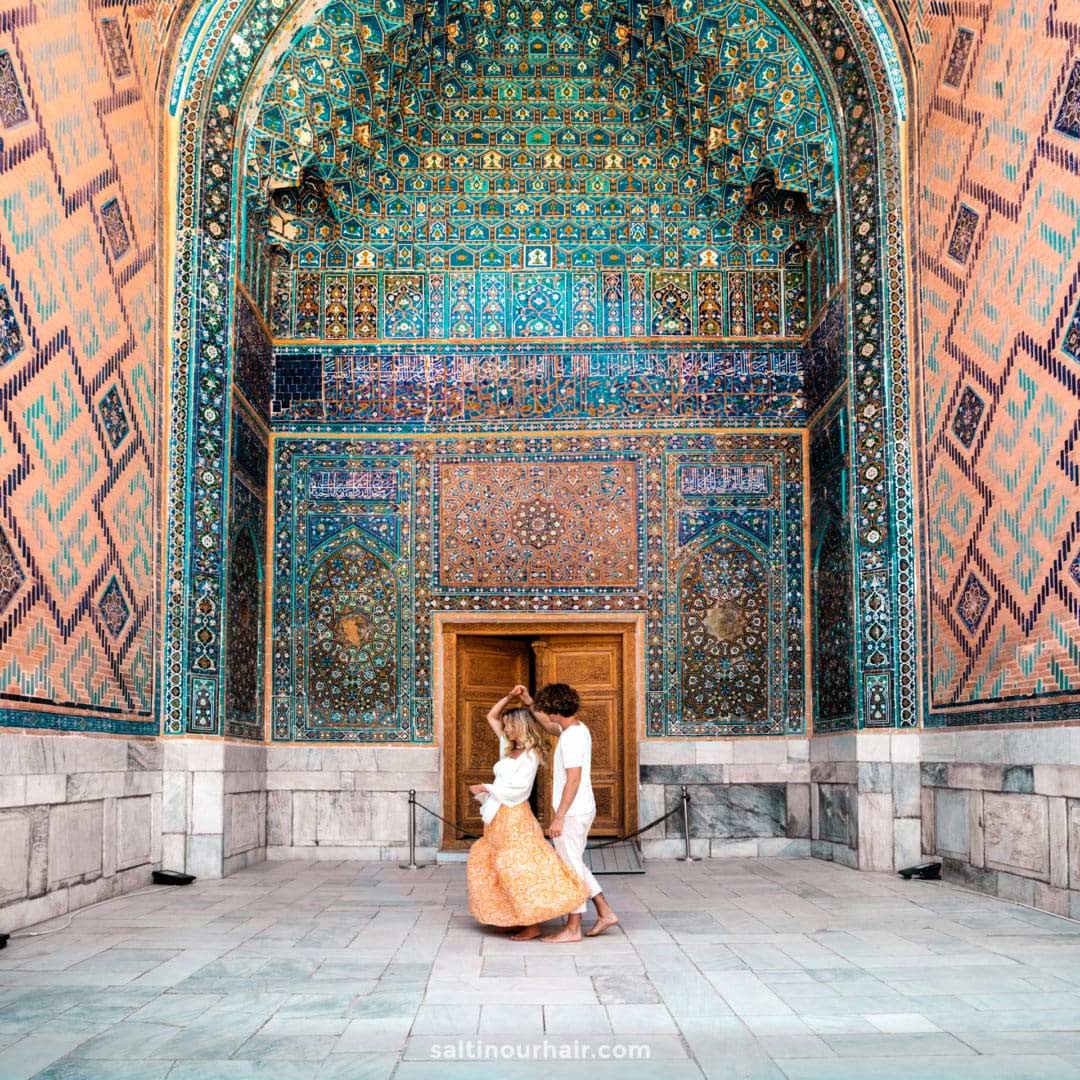Overview About Uzbekistan Environment
Though Uzbekistan has got the rich and natural diversity, the null economic policies of Soviet Union ruined the rich Uzbekistan Environment. Uzbekistan in Central Asia is famous for its vibrant culture, monuments and unique Uzbekistan Scenery.
Uzbekistan Environment was heavily affected by the high use of agrochemicals, irrigation water from the two rivers, and the lack of water for the treatment of plants. Once was the 4th largest inland sea of the world, Aral Sea has shrunk or evaporated and now more than half of its basin is now a dry, salt waste land which can be seen in Uzbekistan Tours. The salt storms and dusts wreaked the agriculture and ecosystems while highly affecting the health of the population.
A large portion of plant and animal lost, arable land lost, climate conditions changed due to desertification. However, the major Uzbekistan Environment problems are soil salinity due to shrinking of Aral Sea, water pollution and land pollution.
- Uzbekistan Water Pollution
While on Uzbekistan Tours, be sure where you get the water are pure or well-filtered. As per Uzbekistan Travel Advice, purchasing the new water during the travelling in Uzbekistan as the normal water may contains toxic chemical pollutants due to industrial activities.
As a part of Uzbekistan Environment, the water of Uzbekistan is highly affected due to use of lot of chemicals for cotton cultivation, inefficient irrigation systems, and poor drainage systems. These things led to a high filtration of saline and contaminated water back into the soil. The average application of chemical fertilizers and insecticides increased to 25 kilograms per hectare from 3 kilograms per hectare in 1990 as per the Post-Soviet policies.
The concentration of phenol and oil products of contaminated water of Amu Darya River was not acceptable.
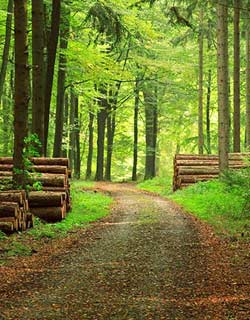
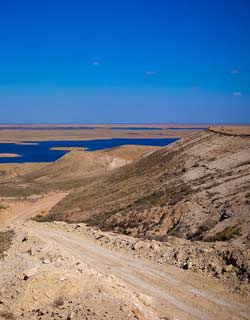
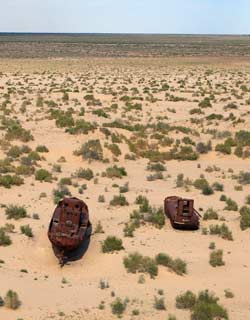
- Uzbekistan Air Pollution
As per the latest data released on 2016, carbon dioxide (CO2) emissions per capita is 3.48 tons per person whereas, the total Greenhouse Gas (GHG) emissions in Uzbekistan were 214.70 million metric ton in 2014.
Due to the salt and dust storms generated from the bottom of Aral Sea, the Uzbekistan Environment gets affected especially in Nukus City of Karakalpakstan region while heavily affecting the farm crops and health of the people in rural areas. Uzbekistan Climate & Weather for the dust storms are mainly occurs in the spring and autumn season.
Another reason that causes harm to Uzbekistan Environment is the spraying of agricultural chemicals and defoliants for the cotton crop especially in rural areas. The factories and the emissions are making the air of urban areas more polluted. In the atmosphere of Uzbekistan, the high levels of heavy metals like lead, nickel, zinc, copper, mercury, and manganese have been found due to the burning of fossil fuels, waste materials, ferrous and nonferrous metallurgy.
- UzbekistanGovernment Environmental Policy
Uzbekistan Geography Nature is heavily affected when Aral Sea began to shrink and lead to the salty soil.
The State Committee for Environmental Protection was established in 1992 while the NGOs gave more focus for the protection of water resources such as Amu Darya and Syr Dar Rivers as the major reason behind the Aral Sea shrinkage is the withdrawals of irrigation from the Amu Darya and Syr Darya to increase the cotton yields.
Due to the lack of law enforcement, inconsistent government economic and environmental planning, and the overwhelming power centralization, makes the implementation of policies weaker.
As Uzbekistan Scenery is one of the Uzbekistan Highlights, the threats to the environment and health can be minimized while all the political parties together rise to save the environment from the root level.
Book Top-Rated Packages
- No Booking Fees
- No Booking Fees
- No Booking Fees
Uzbekistan Travel Tips Cluster
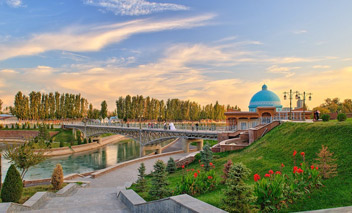
Best Time To Visit Uzbekistan
Uzbekistan In September
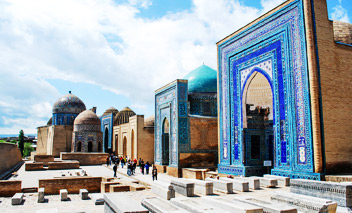
Best Time To Visit Uzbekistan
Uzbekistan In April
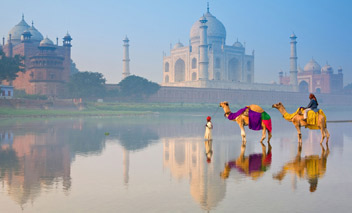
Best Time To Visit Uzbekistan
Uzbekistan In August
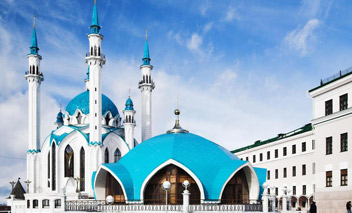
Best Time To Visit Uzbekistan
Uzbekistan In December
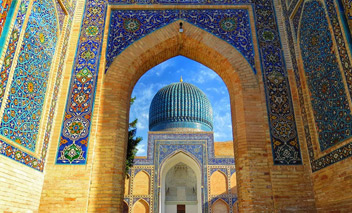
Best Time To Visit Uzbekistan
Uzbekistan In February
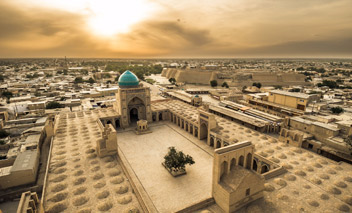
Best Time To Visit Uzbekistan
Uzbekistan In January
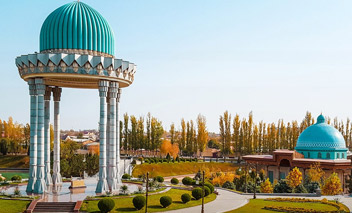
Best Time To Visit Uzbekistan
Uzbekistan In July
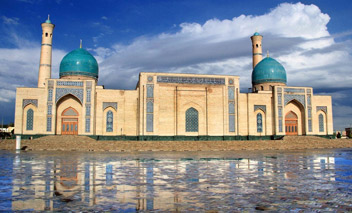
Best Time To Visit Uzbekistan
Uzbekistan In June
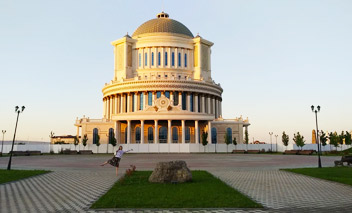
Best Time To Visit Uzbekistan
Uzbekistan In March
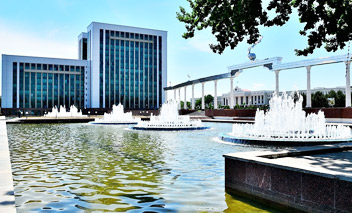
Best Time To Visit Uzbekistan
Uzbekistan In November
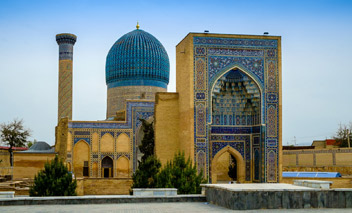
Best Time To Visit Uzbekistan
Uzbekistan In October
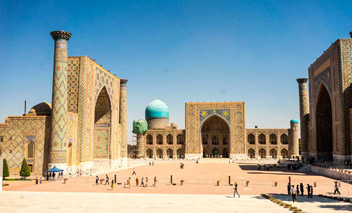
Best Time To Visit Uzbekistan
Uzbekistan Time Zone
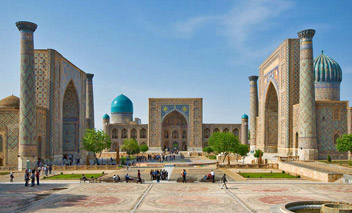
Best Time To Visit Uzbekistan
Travel Times In Uzbekistan
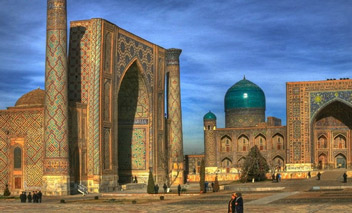
Best Time To Visit Uzbekistan
Uzbekistan Scenery
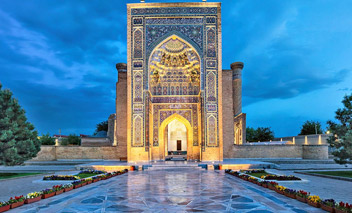
Best Time To Visit Uzbekistan
Uzbekistan Safety
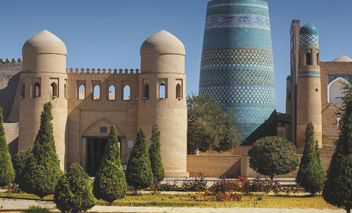
Best Time To Visit Uzbekistan
Uzbekistan Environment

Best Time To Visit Uzbekistan
Uzbekistan Health
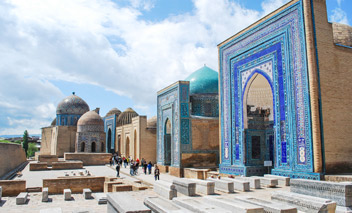
Best Time To Visit Uzbekistan
Uzbekistan Highlights
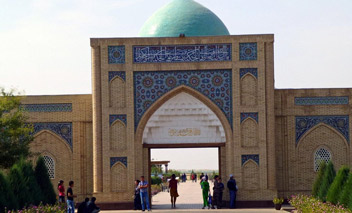
Best Time To Visit Uzbekistan
Uzbekistan Seasonal Overview
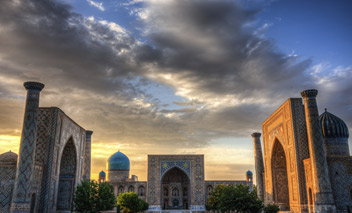
Best Time To Visit Uzbekistan
Best Time To Visit Uzbekistan
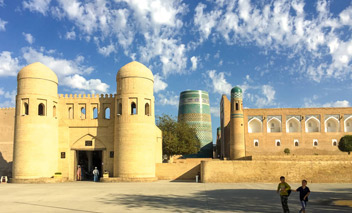
Best Time To Visit Uzbekistan
Khiva Weather
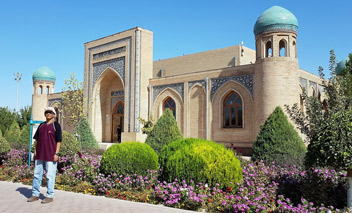
Best Time To Visit Uzbekistan
Termez Weather
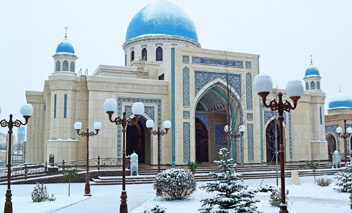
Best Time To Visit Uzbekistan
Tashkent Weather
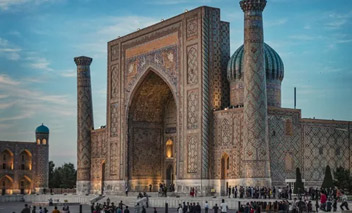
Best Time To Visit Uzbekistan
Samarkand Weather
Didn't Find A Tour Suitable For You ?
Start planning your tailor-made tour to Uzbekistan with one of our hand-picked local Travel Expert .
FAQs On Uzbekistan
There is nothing as per law in Uzbek that a woman must wear, so you can bring your clothes that you love to wear. However, the country has its own culture and we believe you won’t like to offend it. So, we recommend packing some light shirts, t-shirts, jeans and long-sleeved dresses covering knees. You need to wear a scarf or something that covers your head while entering a mosque. You can pack some swim-dress to wear near your pool at your hotel.
Well, it’s really up to you. Bring as much as you want to spend in Uzbekistan. The country is not much expensive but most for paying most of the things you will need cash. Cards are not much accepted here. You can exchange your money at the airport or in any hotel or banks of Uzbekistan (both in private & govt. bank). Keep in mind that you need to pay tips in restaurants and to porters (not mandatory, but expected as it’s almost a custom to tip).
No, drinking tap water isn’t considered safe in Uzbekistan. We highly recommend using bottled water while you are in Uzbekistan. Also, make sure to eat clean and well-cooked food. If you are visiting Uzbek inn hot time make sure to keep big water bottles as you will feel thirsty due to the hot climate especially in the day time.
Well, the answer is No. Uzbekistan is not only a magical country with a rich history and spectacular natural beauty but also a very friendly country to visit. If you are afraid of if it is safe, then let us tell you even the country is safe for solo woman travelers. Uzbek people are warm and friendly. They will easily welcome you as their guest. Choose a reliable tour operator and explore the best of the country without any fear.
Of course, you can avail alcohol in Uzbekistan. It is kind of part of their life. Alcohol is taken by many Uzbek people especially, the Russians. Soviet people introduced Vodka and other alcoholic drinks that are now a part of their life. However, some very strict Muslims don’t prefer drinking. However, it is allowed and legal in the country.
Uzbekistan is famous for its ancient cities like Samarkand, Bukhara, Khiva, Shakhrisabz, Termez, and Tashkent that are explained in many historical stories. These places have some stunning old Islamic architecture buildings that make it famous. As well, the natural beauty, mountains, and rich history of the country usually fascinate its travelers.
Uzbek people eat many types of food in their daily life. The dishes of Uzbekistan are delicious. Mostly they eat and drink soups, meat dishes, floury dishes, bread, milk, and oriental sweets. They share their culinary style mostly with Turkic people. Mostly they have a whole meal in one pot. You can try some local cuisine during your visit to Uzbekistan like; Plov, Shashlik, Lagman Soup, Shurpa, Dimlama, Chuchvara, Samsa, and more.
While visiting to Uzbek you are recommended to have the following vaccination-
Hepatitis A
Hepatitis B
Typhoid
Rabies
Meningitis
Polio
Measles
Mumps
Rubella
The country is best to visit at any time except the summer season (July & August). During these 2 months, the country is at its highest temperature that goes up to 40-degree Celsius. However, spring and autumn are a great time to visit Uzbek i.e. from April to May and September to early November. During this period the country remains dry with a clear sky and cool temp.
The tropical climate of the country is great for malaria mosquitoes; hence once malaria was the worst health threat in Uzbekistan. To protect people from falling ill in malaria the govt. of Uzbek has taken various steps and in 2010 the country became malaria-free. Now it has won the WHO certificate as a malaria-free country. Hence, you can stay stress-free about malaria.
In July 2018, Uzbekistan started an E-visa facility and there are 76 nationalists can apply for a visa online. You can go to the official E-visa site, and apply for your e-visa by filling a form online. The total cost is 20USD. It takes 2 to 3 working days for processing your visa and then you can get a confirmation in your mail. The payment you can do only in the working hours. If you are not from a country where you can go for e-visa, then you can go with the traditional way. You can book it from the embassy.
There are 21 countries that enjoy visa free entry to Uzbekistan. Here is the cost for Uzbekistan-
Cost for 30-days single-entry or multiple-entry visa- US$60 to US$100 for most nationalities
Cost for 30-days single-entry or multiple-entry visa - $160 for US nationalities
Additional entry cost- $10Per entry
Our Partners


